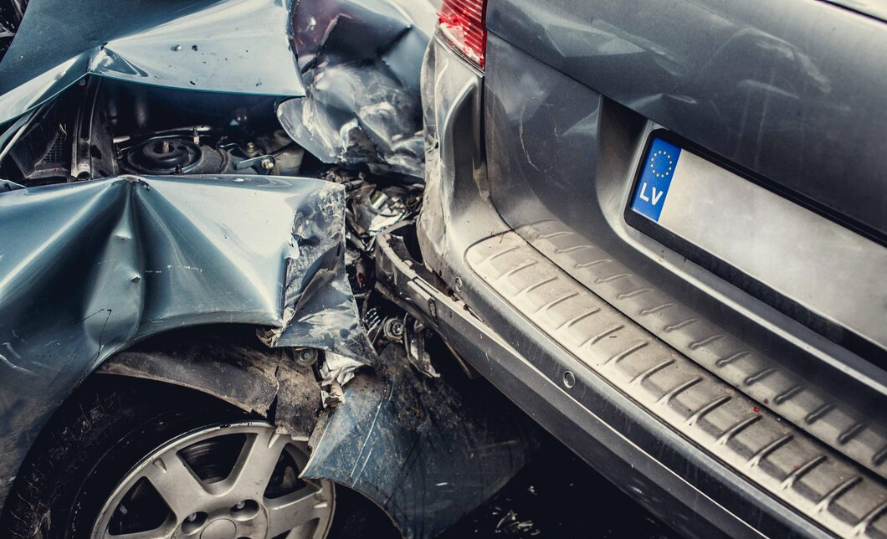Accidents Involving a Company Car
Determining Fault Is Key
The first step in deciding who pays for a company car accident is identifying who was at fault. If the employee driving the company car caused the accident while performing work-related duties, the employer’s commercial auto insurance typically covers damages. However, if the employee was off-duty or acting outside the scope of employment, liability may shift.
Employer’s Insurance Usually Applies
Most businesses carry commercial auto insurance that covers vehicles owned or leased by the company. This insurance generally pays for:
- Property damage
- Bodily injury
- Legal defense
- Medical expenses
- If the accident occurred during normal job duties, the employer’s insurance will usually handle third-party claims and damage to the company vehicle.
Employee Liability May Apply in Certain Cases
An employee may be personally liable if they were:
- Driving the company car for personal reasons
- Intoxicated or reckless
- Violating company policy
- In these situations, the employer’s insurer might deny the claim, leaving the employee responsible for damages. If the employee has personal auto insurance, it may provide secondary coverage, though that’s not always guaranteed.
Third-Party Involvement
If another driver caused the accident, their auto insurance may be responsible for damages to the company vehicle and injuries. In this case, the employer or employee would file a third-party claim with the at-fault driver’s insurer. However, this process may take time and often involves negotiation.
Rented or Leased Vehicles
If the company car is rented or leased, coverage may depend on the rental agreement. Many rental contracts require the business to carry specific liability insurance. Some credit cards or rental agencies offer supplemental coverage, but businesses should verify this beforehand.
Workers’ Compensation May Apply
If the employee is injured while driving a company car during work hours, they may qualify for workers’ compensation benefits. This includes medical expenses and lost wages, but does not typically cover property damage.
Conclusion
Who pays for an accident involving a company car depends on fault, the driver’s actions, and the type of insurance in place. In most cases, the employer’s commercial auto policy provides primary coverage, but exceptions exist. It’s important for both employers and employees to understand their policies, responsibilities, and legal rights before hitting the road.





